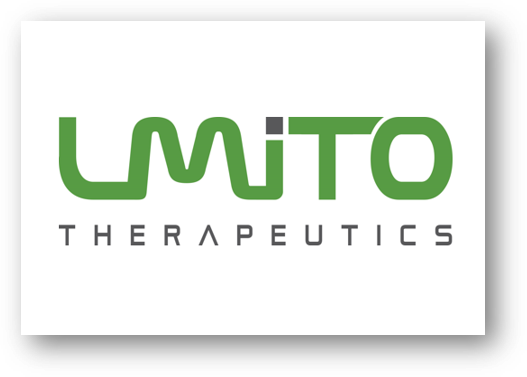기업
Lmito, raising KRW 7B Series A to advance novel immunometabolism asset
바이오스펙테이터 Sungmin Kim 기자
Plan to enter GLP toxicity test for the immunometabolism asset which targets autoinflammatory and autoimmune diseases...R&D focus on immunology and neurology

Lmito Therapeutics announced on the 31st that they have recently attracted 7 billion won in investment through Series A. Lmito is a company that focuses on the development of new anticancer drugs regulating the immunometabolism and mitochondrial diseases, and small molecule drugs targeting immune-disease and neurological diseases.
Four organizations participated in this Series A, including Yuanta Investment, Stone Bridge Ventures, DT& Investment, and Kiwoom Investment.
"This investment will be put into in-vivo efficacy tests and GLP toxicity tests of a leading project that modulates immune metabolism to treat autoinflammatory and autoimmune diseases, and we are currently conducting research and development on immunometabolism and AI-based neurological disease treatments" said CEO Whee Seong Lee.
In addition, Lmito was selected as a bio-health company by the Ministry of SMEs and Startups' “BIG 3 SMEs' Innovation Growth Support Project” to receive research funding.
Lmito recently established a system to speed up research and development and business development. Dr. Yong Rae Hong, who was previously the director of the Crystal Genomics Research Institute, was recruited as the vice president of R&D, and Yohun Aum, the executive director of global business, who led the business development at Celltrion, Dong-A ST, and Youngjin Pharm, was hired.
There are three major therapeutic areas that Lmito focuses on.
First, it is a drug that regulates mitochondria dynamics. Mitochondria are dynamic organelles. They are constantly repeating fusion and fission depending on cellular stress or metabolic demands. However, in certain diseases, the mitochondria are fragmented excessively, resulting in fragmentation. This is a concept that restores mitochondrial dynamic balance with drugs.
Second, it is the field of immune metabolism that regulates cellular metabolism of immune cells. Immune cells usually maintain energy homeostasis, but under certain circumstances, energy demand increases, and cell metabolism patterns change. However, in the disease, the energy metabolism continues to be concentrated in one direction. Drugs restore the metabolism of damaged cells here.
CEO Lee said, “It is a concept that basically reprograms immune metabolism. The metabolic demand of immune cells is high in the condition of the disease, and the metabolic balance can be reversed with drugs. Compared to existing approaches that deplete certain cytokines or immune cells, there are low concerns about side effects of infection and drug resistance caused by the formation of bypass routes."
Even in the global industry, the development of therapeutic agents through immune metabolism is in its early stages. Since last year, Big Pharma has started to invest in the field of immunological metabolism. In December last year, Roche signed a drug development agreement with Rheos Medicine for targeting autoimmune diseases and inflammatory diseases, worth up to $660 million, including a $42.5 million contract to discover new immunometabolism drugs. Lily then signed a five-year partnership deal with Sitryx in April this year to discover drugs that regulate immune cell metabolism by targeting autoimmune diseases. With a down payment of $60 million, the total deal size is $880 million.
Lmito also achieved a license-out milestone three years after its establishment. In January, Lmito licensed out to Samyang Biopharm the 'LMT503', a small molecule compound that regulates cancer cell energy metabolism to overcome the immune suppressive microenvironment while activates immune cells. They are planning to submit an IND for clinical entry in 2022. Considering that both Roche and Lily were in the form of an early partnership deal to discover immunometabolism drugs, it is noteworthy that Lmito discovered immunometabolism drugs and did license deal with Samyang Biopharm.
The third area Lmito focuses on is neurological disorders. Lmito is recently expanding its field by developing new drugs for neurological diseases based on artificial intelligence (AI). Lmito is in the process of developing candidate substances for a neuropathy therapeutic lead compound by using AI technology to find disease-specific protein activity and transcript expression patterns with Professor Jae-woo Kang's team at Korea University. This is a small molecule compound that inhibits enzymes that cause axial degeneration of nerve cells, and aims to develop it as a multiple sclerosis (MS) treatment by increasing the permeability of blood-brain barrier (BBB) with targets such as peripheral neuropathy.
In addition, Lmito is also studying immuno-neurology treatments that regulate the metabolism of brain immune cells.
















